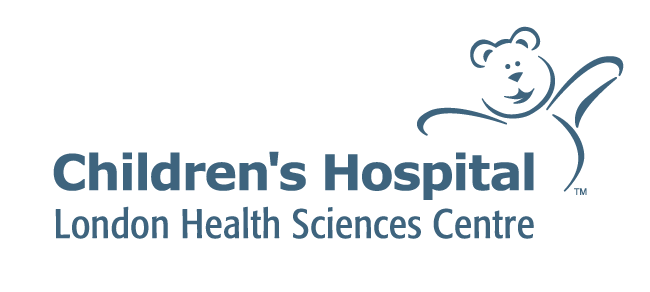The ketogenic diet is a high-fat, low carbohydrate diet used to treat seizures. It is most often used for very difficult to control seizures (drug-resistant epilepsy) where multiple medications have been tried and seizures continue. It is a medical treatment and requires the supervision of a specially trained dietitian and epileptologist.
The ketogenic diet changes the way our body uses energy – typically we get most of our energy from carbohydrates and sugar, but with the ketogenic diet, almost all of our energy comes from fat. When fat is broken down for energy, it produces ketones which can be detected in the blood and urine. Seizure control is directly related to the amount of ketones detected in urine and blood.
The ketogenic diet provides around 90% of calories from fat, is low in carbohydrates and is adequate in protein. Fruits and vegetables are eaten in limited amounts. The ketogenic diet is very restrictive and needs to be followed closely by a dietitian. Since the diet is so restrictive, vitamin and mineral supplementation is needed. All food is weighed on a gram scale and recipes are prepared carefully and accurately for the diet to work. It can be time-consuming to prepare the diet. If food is eaten that is not part of the diet, a seizure could happen within a short period of time.
The ketogenic diet can have side effects, including vomiting, constipation, kidney stones, dehydration, high cholesterol, electrolyte changes, vitamin deficiencies, decreased bone density, changes in heart rhythm, and slowed growth. Speak to your Ketogenic Diet team to discuss all of the side effects and treatments.
To determine if the ketogenic diet is right for your child, they must first be referred to or followed by a neurologist at Children’s Hospital, LHSC. From there, you will be sent a link to our introductory video and referral package that will outline some of the details of what the diet will entail. After this, if you decide to proceed with the diet, your child would be assessed by the epileptologist and dietitian to determine if the diet would be a good treatment option for your child (blood, urine and a heart test called an ECG is also done).
If the diet is a good option for your child, you will be sent a link to a second video where you are taught how to prepare the diet and how to perform monitoring tests. You will also meet with the dietitian to receive your child’s personalized diet protocol and review any questions about the diet before you start. The diet is typically started as an outpatient (meaning your child is not admitted to the hospital). You work closely with the dietitian and the diet is progressively started over a 4-6 week period. It can take a few months to adjust the diet; we ask for a 3-month commitment to stay on the diet to see if it works; if it’s not helpful, it will be stopped. On average, it will cost between $450 -$500 to start the diet. This includes a scale for weighing food, monitoring supplies, and vitamin/mineral supplements. If you have private insurance, some of the monitoring supplies may be covered.
While on the ketogenic diet, there are regular clinic appointments with the Ketogenic Diet team, bloodwork, and other medical tests. Typically kids stay on the ketogenic diet for 2 years and then are slowly taken off the diet. For most kids, the positive effects of the diet will continue once the diet is stopped.
*There are modified ketogenic diets available that may be offered to your child in specific cases.
More Information:
Watch our video on diet therapy for Epilepsy on YouTube
- The Charlie Foundation
- Matthew’s Friends
- Matthew’s Friends Canada
- Keto Diet Calculator
- The Ketogenic Diet: A Treatment For Children and Others With Epilepsy. Fourth Edition by Dr. John Freeman, Dr. Eric Kossoff, Jennifer B. Freeman, Millicent T. Kelly, R.D. 2007
- Parent’s Guide to the Ketogenic Diet by The Charlie Foundation
- Keto Kid by Dr. Deborah Snyder. 2007



